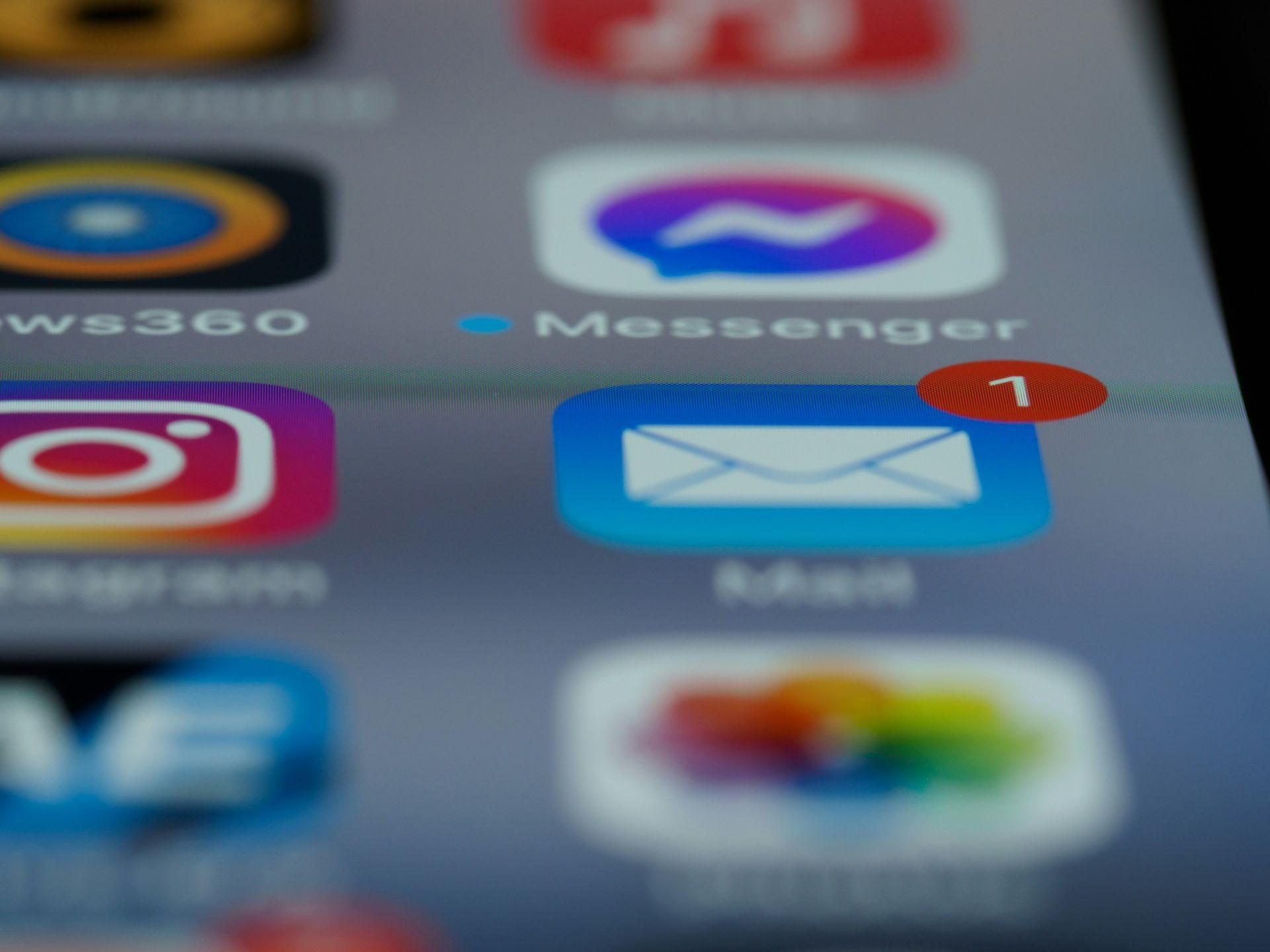The simmering tension between Apple and a growing chorus of tech giants has reignited over the company’s App Store policies.
Microsoft and Meta have joined forces with Epic Games and others, expressing strong disapproval of Apple’s rigid control over its app marketplace.
These companies argue that Apple’s iron grip stifles competition, hinders innovation, and ultimately harms both developers and consumers.
The gripe at the core of the dispute
The central point of contention revolves around Apple’s insistence on utilizing its proprietary in-app payment system for transactions within apps distributed through the App Store. This means developers are compelled to pay Apple a commission, often a substantial 30%, on in-app purchases and subscriptions – a move that irks many developers.
Apple EU fine challenges App Store’s dominance
It’s worth noting that in 2021, a court ruling aimed to shake things up. The ruling directed Apple to allow app developers to guide users toward alternative payment options outside the App Store. This shift was intended to offer developers a chance to bypass Apple’s commission structure.
Apple’s alleged rule-bending draws criticism
However, Meta, Microsoft, Elon Musk’s X, and Match Group have joined forces with Epic Games to challenge Apple’s response to the court ruling. These companies allege that Apple is not fully complying with the injunction and is, instead, resorting to maneuvering tactics that make it unnecessarily difficult for users to discover and access cheaper payment alternatives.
In a joint filing, the companies expressed their belief that Apple’s actions amount to a “clear violation” of the 2021 court injunction. They claim that Apple is hindering competition and artificially inflating costs for consumers.

Examples of Apple’s maneuvers
Meta offers a prime example to illustrate this issue. Meta contends that in 2022, Apple began enforcing its IAP (in-app payment) fee for Meta’s product that enables advertisers to boost the visibility of their posts within apps. This move, Meta argues, adversely impacts them and their users.
Furthermore, even in situations where Apple has begrudgingly conceded to permitting external payment options, the tech giant continues to impose a hefty commission (reportedly at 27%) on those transactions. Developers find themselves in a catch-22: either pay Apple’s commission or face complex and often user-unfriendly external payment processes.
Things have changed in the EU
The landscape has shifted significantly for Apple within the European Union. The EU’s landmark Digital Markets Act (DMA) came into force in 2024, specifically designed to curb the power of technology giants and foster greater competition. The DMA includes provisions that directly target practices like Apple’s insistence on a proprietary in-app payment system.
The DMA mandates that “gatekeeper” platforms, including Apple, must allow the installation of third-party app stores and permit developers to utilize alternative payment systems. This means that Apple could soon face greater regulatory pressure within the EU to adjust its App Store policies and create a more open and competitive marketplace.
The battle for a more open marketplace
The ongoing dispute paints a picture of a growing movement against Apple’s tight grip on its mobile app ecosystem. Companies want to see a more level playing field within the App Store, where developers have greater choice regarding payment processing and can directly engage with consumers without restrictive intermediaries.
While Apple has yet to offer a specific comment regarding the latest accusations, it’s likely that a protracted legal tug-of-war will continue. Regulatory scrutiny of big tech is increasing, and authorities may take a greater interest in how companies like Apple manage their app marketplaces.

A shift is on the horizon
The clash between Apple, Meta, Microsoft, and others signals a potential shift in the dynamics within the app economy.
Whether this will lead to a fundamental transformation of the App Store remains to be seen. However, this ongoing conflict certainly spotlights the increasing pressure on Apple to re-evaluate its policies and create a fairer environment for developers and consumers alike.
Featured image credit: Nikolai Chernichenko/Unsplash.






